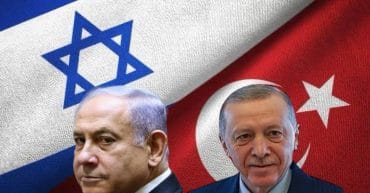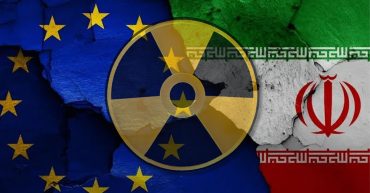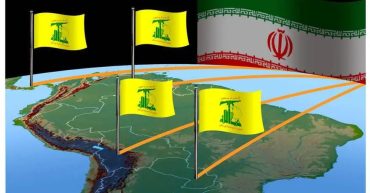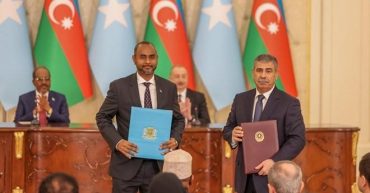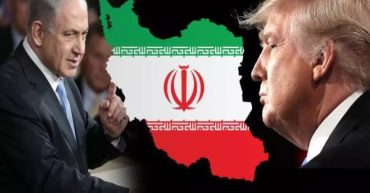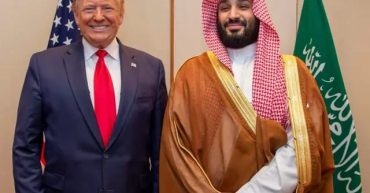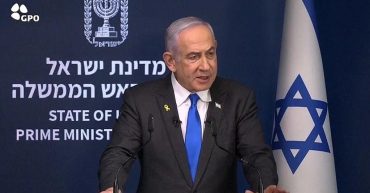Middle East Unit
Prepared by: Dina Doma Research Assistant, Middle East Affairs Unit Egyptian–Indian relations exemplify a renewed paradigm of engagement between emerging powers striving to recalibrate their position within the international system through the strategic deployment of soft and smart power instruments and the operationalization of South–South cooperation frameworks. These mechanisms are designed to foster autonomous development […]
Prepared by: Amani El-Sorogy Researcher in the Turkish States Studies Program The Middle East is currently witnessing a phase of regional repositioning, where the strategies of regional powers intersect in a way that reshapes Spheres of influence and alliances. The Turkish–Israeli rivalry is considered one of the most complex patterns of this process, due to […]
Prepared by/ Dina Ehab Research Assistant in the Middle East Affairs Unit Amid escalating regional and international tensions surrounding Iran’s nuclear file, the “snapback” mechanism—formally known as the automatic reimposition of UN sanctions—has re-emerged at the forefront of political and diplomatic discourse, following mounting European threats against Tehran. On Tuesday, July 15, 2025, French Foreign […]
Prepared by: Riham Mohamed Researcher at the Middle East Affairs Unit Contemporary warfare is no longer confined to conventional battlefields; the cyber domain has emerged as a parallel strategic front-one where security and military calculations intersect with the tools of technology and intelligence. In this space, traditional notions of deterrence and sovereignty are being redefined […]
By: Riham Mohamad Researcher at the Middle East Affairs Unit In a remarkable development that reflects a shift in the American position towards increasing Hezbollah’s influence outside the Middle East, Washington announced on May 20 a reward worth “ten million dollars” for anyone who provides information that helps disrupt the party’s financial structure in Latin […]
Prepared by: Amani El-Sorogy Assistant Researcher – Turkish States Studies Program The signing of the defense cooperation agreement between the Republic of Azerbaijan and the Republic of Somalia in February 2025 marks a significant shift in Azerbaijan’s foreign policy orientation, particularly in its security dimension. Baku has not traditionally been known for its engagement in […]
Prepared by: Riham Mohammed Researcher at the Middle East Affairs Unit Iraq-US relations during Trump’s first term (2017-2021) have experienced sharp fluctuations combining military cooperation in the fight against terrorism with the political tension caused by American pressure on Iraq to reduce Iranian influence, US sanctions on Iran have also had a direct impact on […]
By: Shaimaa Abdul El Hameed Researcher in Middle Eastern affairs Unit Translated by : Layla Ahmed Researcher assistant in International affairs Unit Introduction: After months of intense speculation to know the next President of the United States, the identity of the new president has been determined, and it is the Republican Donald Trump, following his […]
Prepared by: Dina Ehab Research Assistant Middle East Affairs Unit Introduction: Donald Trump’s return to the White House after his victory in the U.S. presidential election on November 6, 2024, marks a critical juncture in Saudi-American relations, especially in the context of the complex regional and international circumstances that Middle East is currently facing. This […]
By: Dina Ehab Mahmoud Research Assistant in Middle East Affairs Unit Introduction In the aftermath of Hezbollah leader Hassan Nasrallah’s assassination, Israeli Prime Minister “Benjamin Netanyahu” declared on September 29th that this operation is part of a systematic Israeli plan aimed at altering the strategic reality in the Middle East.[1] This announcement was made amid […]


